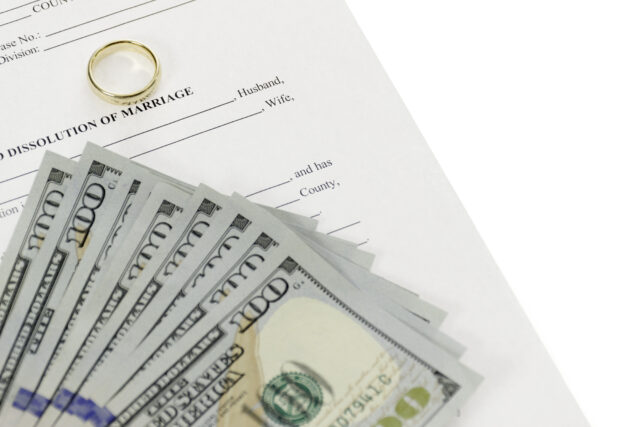Prenuptial agreements are notoriously misunderstood. For example, some people believe that they are only needed in relationships with large financial discrepancies between the couple, or that they indicate a lack of trust. The reality is, anyone can benefit from creating a prenuptial agreement. Read on to learn more about prenups in New York.
What can I include in a prenuptial agreement?
A prenuptial agreement is a legal document that declares how a couple’s assets should be divided in the event that their marriage comes to an end. In many cases, prenups help couples shorten or even avoid litigation altogether. A prenuptial agreement can address:
- How former spouses will contribute to alimony payments
- How their property will be divided, should they divorce
- Both spouse’s right to buy, sell or manage specific marital assets
- How life insurance policies should be managed or owned
- Spouse’s right to join or separate property
- Any other aspect of a divorce that a couple seeks to address, as long as they are in accordance with public policy
That being said, there are some things that cannot be included in a prenuptial agreement. For example, your prenup cannot include any child custody arrangements.
What makes a prenup valid in New York?
Because a prenuptial agreement is an important legal document that deals with sensitive assets, it must meet certain requirements to be considered valid. In New York, your prenup must:
- Be in writing
- They must be notarized
- They must be fair and just for both parties
- They must be executed before marriage
- They must include a full financial disclosure at the time of signing and execution
- They must be voluntarily signed by both parties
If your prenup does not meet these requirements, it can be found invalid and thrown out, leading to an especially stressful divorce process.
What if I get married without a prenuptial agreement?
A prenuptial agreement must be created before the couple gets married. However, if you got married without a prenup, you can still create a postnuptial agreement. This is the same document, simply created during the marriage, rather than before.
If you are interested in creating a prenuptial or postnuptial agreement, our firm is here to help. Reach out today to speak with an experienced family law attorney. We are here to address any questions or concerns you may have.
CONTACT OUR FIRM
If you need strong legal representation regarding matters of divorce, family law, and estate law, contact the Law Offices of Susan A. Kassel, P.C. to schedule a consultation today.




